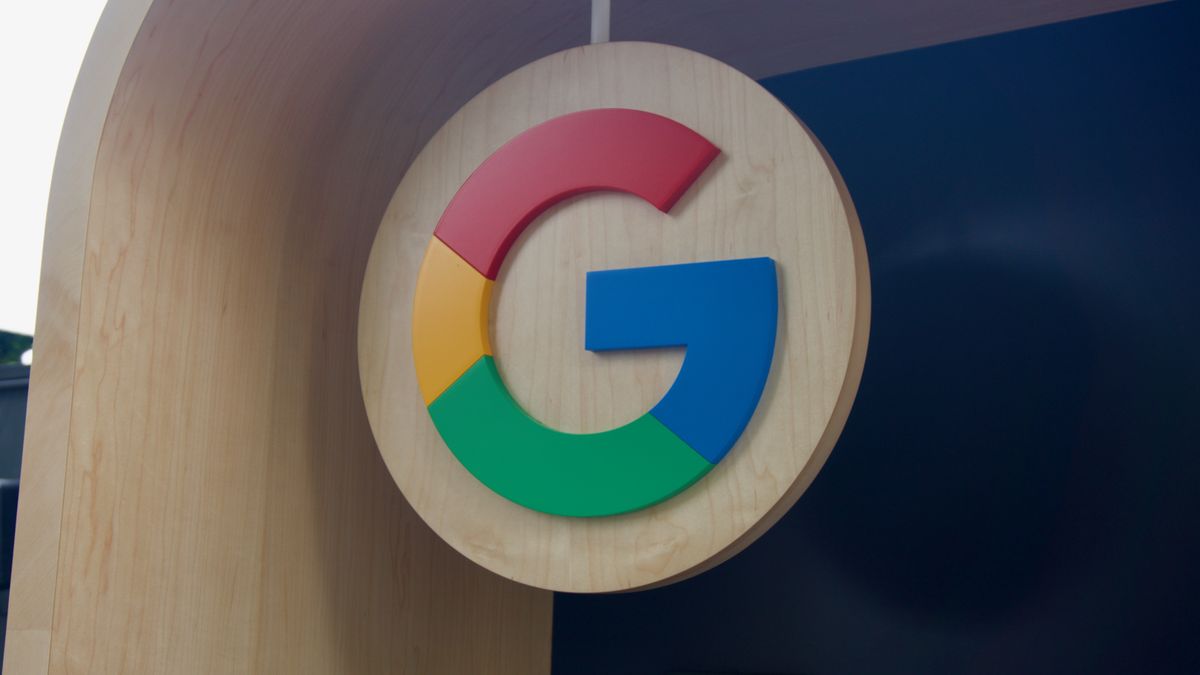What you’ll want to know
- Google, Meta, Qualcomm, and 7 extra large tech corporations are forming a Coalition for Open Digital Ecosystems (CODE).
- The brand new group will develop plans for open digital ecosystems within the EU.
- Although it is not explicitly acknowledged, it is possible these corporations would fairly develop open requirements on their very own phrases — with out authorities mandates.
The European Union has been having its method with large tech corporations of late, issuing fines, creating rules, and enacting mandates. After rolling over to the EU on quite a lot of events, large tech now has a brand new technique: if you cannot beat them, be part of them (kind of). Ten of the most important client tech corporations, together with Google, Meta, and Qualcomm, are forming a brand new group that can attempt for open digital ecosystems — which is strictly what the EU needed.
The newly-formed bloc is known as the Coalition for Open Digital Ecosystems (CODE), and it says it has a purpose of selling open platforms within the EU, as reported by Reuters. Nonetheless, the transfer possible is meant to get forward of the Digital Markets Act, which goes to mandate sure ranges of interoperability beginning subsequent 12 months.
Maybe the coalition, which incorporates Lenovo, Nothing, and Motorola, took discover of how Apple defended towards a menace to iMessage simply final month. In a shock twist, Apple introduced assist for RCS messaging would come to the iPhone subsequent 12 months, enhancing interoperability with Android customers. iMessage will nonetheless be unique to iPhone, however the transfer could have appeased the EU: newest stories point out the EU is leaning towards forcing iMessage to be cross-platform.
CODE stated it is going to “work with lecturers, policymakers, and ecosystem corporations to offer evidence-based thought management on the subject of digital openness and the way it may be delivered in Europe, by the implementation of the Digital Markets Act and in future EU regulatory framework developments,” in keeping with a press launch considered by Fortune.
“What ‘good’ appears to be like like in relation to digital ecosystems in Europe, what fosters innovation, and what is going to positively influence competitiveness. We expect openness is the essential ingredient,” Lynx founder Stan Larroque stated in an announcement.https://t.co/V4bxCvRwpHDecember 13, 2023
The press launch particularly calls out the DMA, which is a brand new piece of laws that might require some platforms to be opened up. Underneath the DMA, the EU can designate an organization as a “gatekeeper.” This title refers to corporations that management entry to a service, like Apple, Google, or Microsoft.
Then, the EU can designate a gatekeeper’s service as a “core platform service,” which is a little more particular. These are companies which might be essential to connecting clients and companies within the EU, comparable to an app retailer. If a service is given the “core platform service” distinction, it’s required to be out there on all platforms or that the platform be opened up in some type.
Apple has gotten forward of EU mandates with its choices so as to add USB-C to the iPhone and add RCS assist to the iPhone. CODE will most likely attempt to do the very same factor for its corporations.
Although the coalition may very well create new programs that foster interoperability, it is also possible that these corporations would favor to have the autonomy to do it on their very own fairly than be informed what to do by the EU.
